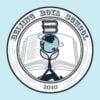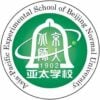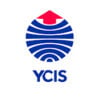Junior School Teacher of EAL – Dulwich College Beijing
Post-holder Qualifications, Experience
Please make sure that the following requirements are met before your application.
At least two years experience in leading the team
Bachelor or above degree is required
PGCE or QTS, Teaching License from non-UK countries are required
About Role
We are currently seeking an experienced and enthusiastic Junior School Teacher of EAL (Key Stage 2: Years 3-6), to serve as an integral part of the student journey to support English language acquisition for speakers of languages other than English within our inclusive setting. This role is pivotal in supporting students by engaging all stakeholders to deliver content language balanced programmes and instruction in our Junior School. This is in order to ensure academic, personal and social pathway development and entitlement for all students. Our English Support Teachers work as part of an integrated Student Support Services department which seeks to ensure all students achieve their full potential. Working as a member of a cohesive team, you will lead, support and promote an inclusive culture that is focused on growth, purpose, and a sense of belonging as part of the student experience within the mainstream classroom setting. We are seeking someone who is a highly effective and responsive leader, with significant Key Stage 2 experience and a genuine commitment to putting students first. This is an exciting opportunity for a professional with a strong commitment to leading world class English Support education.
More Information
- Address Beijing, China









